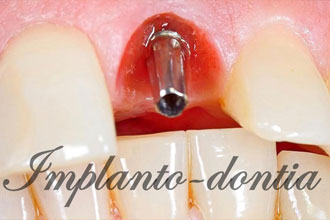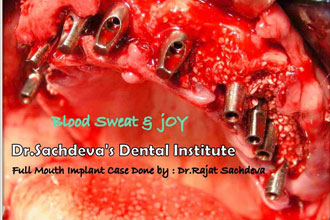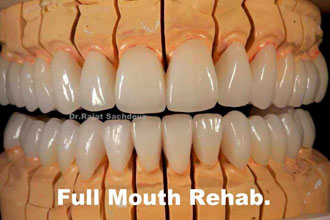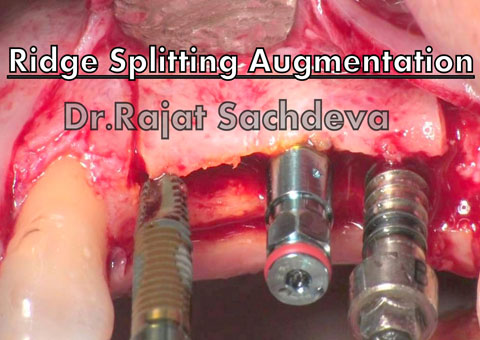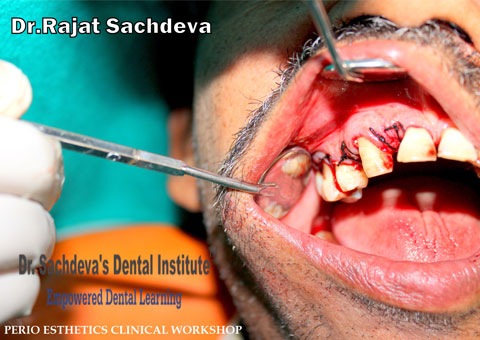FAQ's Teeth Whitening
Ask a Question to Our Dentist
FAQ's Teeth Whitening
How long do the whitening effects last?
Whitening is not permanent. People who expose their teeth to foods and beverages that cause staining may see the whiteness start to fade in as little as 1 month. Those who avoid foods and beverages that stain may be able to wait one year or longer before another whitening treatment or touch-up is needed.
Do teeth whiteners damage tooth enamel?
Studies of whitening products using 10% carbamide peroxide showed little to no effect on the hardness or mineral content of a tooth's enamel surface.
Do teeth whiteners damage existing dental restorations?
Over 10 years of clinical use of whitening products containing 10% carbamide peroxide have not shown any damage to existing fillings. The issue is not "damage" to existing restorations; rather, keep in mind that existing restorations such as tooth-colored fillings, crowns, bonding, veneers, and bridges do not lighten. This means that any preexisting dental work may need to be replaced to match the new tooth shade achieved in the natural teeth, should a bleaching process proceed.
Do teeth whiteners damage a tooth's nerve?
There's no evidence to date that the tooth whitening process has a harmful effect on the health of a tooth's nerve. One study reported that at both a 4.5 and 7-year follow up, no individual who used a tooth whitening system needed a root canal procedure on any teeth that had been whitened.
Is tooth whitening safe?
Teeth Whitening is a very safe procedure that simply involves using a peroxide-based solution and/or a special light to remove stains and discoloration. In some forms, the process can be accomplished in as little as an hour.
Will teeth whitening affect my previous dental work?
Teeth Whitening is a non-invasive procedure that is safe for patients who have had previous dental work. Your dentist will examine your existing dental work and oral hygiene before beginning the teeth whitening procedure. If there are signs that previous dental work has become weakened or needs to be fixed, your dentist will probably suggest repairs before continuing with the teeth whitening procedure.
Does teeth whitening hurt?
The teeth whitening procedure is not painful; however, some patients may experience minor sensitivity around the gum line after the procedure has taken place. Patients who prefer the take home teeth bleaching kits may request that their dentist provide them with a milder concentration of the peroxide-based gel used.
What kind of results can I expect?
Depending on the teeth whitening method used, many patients see results that are up to 10 shades whiter. For immediate results, in-office laser teeth whitening is the preferred treatment; however, with stronger peroxide gel solutions on the market, at-home results can also be dramatic with continued use. At-home bleaching kits are also convenient for touch-ups whenever they are necessary.
What if I have tetracycline staining?
Many patients have been able to dramatically reduce tetracycline staining with professional teeth whitening. Depending on the severity of the discoloration, some patients schedule multiple teeth whitening sessions or use a combination of methods to achieve the desired change. Your dentist will recommend the teeth whitening technique that will work best to combat tetracycline staining.
What are the side effects of teeth whitening?
The side effects of teeth whitening are very minimal and vary by individual. If you have sensitive teeth or gums, defective restorations, or severely receding gums, you should consult with your dentist before you begin any teeth whitening procedure. Many patients who have sensitive teeth can still benefit from treatment as long as they use a milder version of the peroxide whitening formula. Patients who are allergic to peroxide should not consider traditional teeth whitening methods.
Is there a teeth whitening system for sensitive teeth?
Teeth whitening for people with sensitive teeth is still an option. Most dentists will recommend a milder version of the whitening gel if the patient chooses the take-home method. Many patients who have issues with sensitive teeth prefer the one-hour in-office teeth whitening method as it is much faster, produces immediate results, and requires the bleaching gel to stay on for a much shorter period of time. Ask your dentist which method of teeth whitening is best for you.
Is teeth whitening permanent?
Teeth whitening can produce dramatic results. However, it is important to keep in mind that daily oral hygiene is an important part of maintaining teeth whitening results. Cigarette smoking, coffee, and tea will still stain the teeth after whitening. If this happens, an occasional touch-up with over-the-counter or take-home teeth whitening product should keep your teeth looking as good as they did following the professional teeth whitening procedure.
What if I have further questions?
We expect you will. Please feel free to post your questions to our online advice section.
- drrajatsachdeva
- Treatment
- Cosmetic Dentistry, Laser Dentistry, Dental Clinic in Delhi, Kids Dentistry
latest Posts
Stay up to date with all our latest news and launches.
